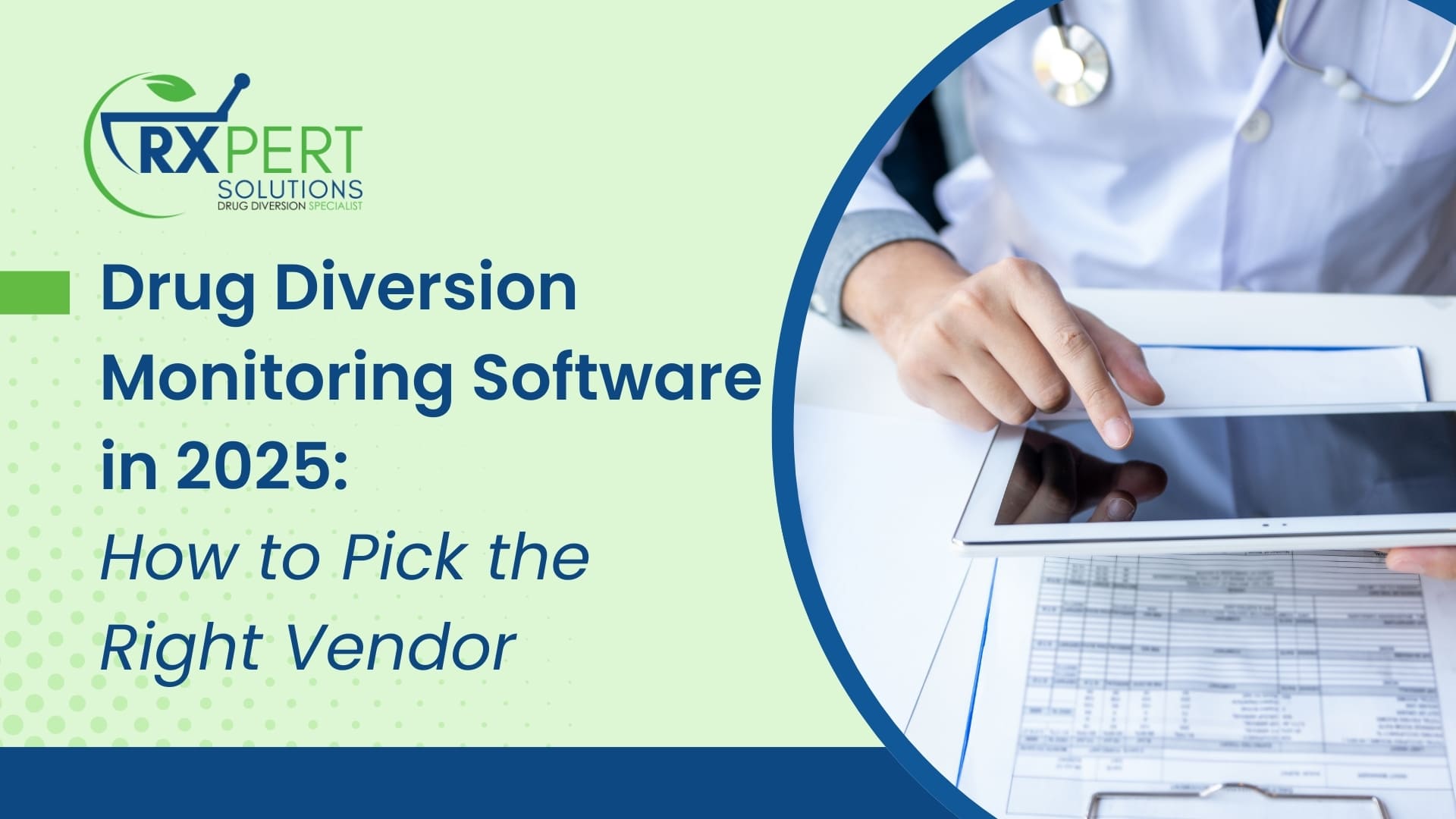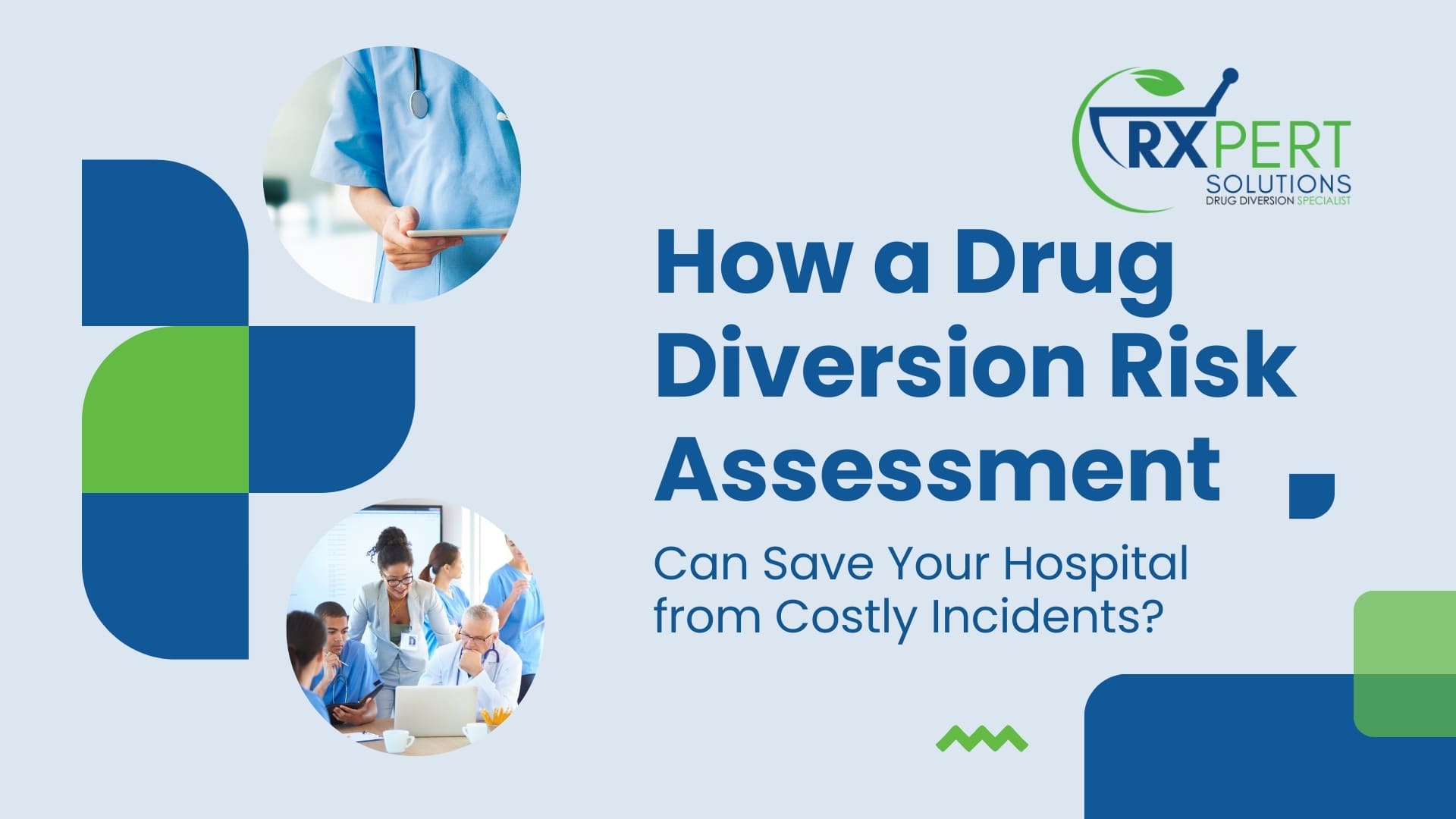It’s no news that anesthesia providers have stressful and demanding jobs. Occasional signs of sleep deprivation is normal, especially for those in residency training (well, probably more than occasionally!). What other signs, in addition to sleep deprivation, should we be watching for that may indicate a possible substance abuse problem?
- Frequent bathroom breaks
- Frequent absences – not being where they are supposed to be
- Signs of depression
Anesthesiologists make up only 3-4% of physicians in the country, but represent about three times that percentage in treatment facilities (9-12%). Anesthesiologists are significantly over represented in treatment facilities. I recently heard a statistic, based on a study over a 34 year time span, that the rate of anesthesia residents developing a substance abuse problem was 0.7% per year. Multiply that out by 3 years and the number of residents you have. For larger teaching hospitals you may be looking at an average of 1 resident per year developing a substance abuse problem. With the most potent medications at their disposal, death is a real possible outcome. I encourage you to keep an eye on your team.






